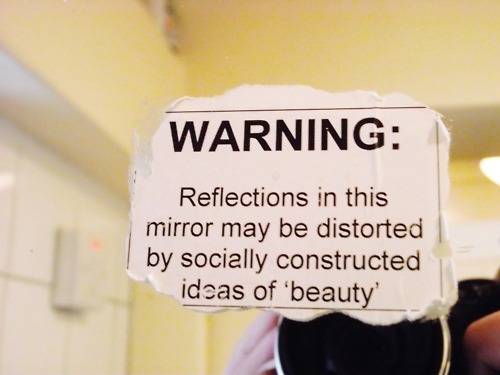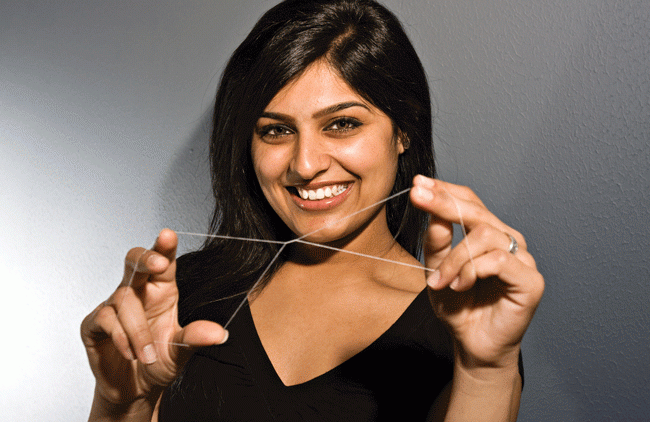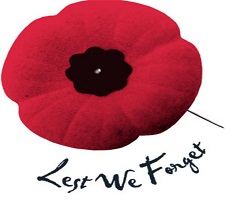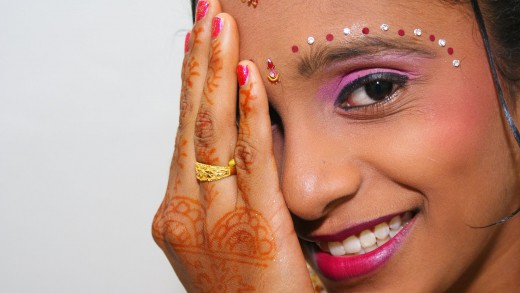One of the most common complaints I hear from Tamil women is about hair. Women from various walks of life, all with many accomplishments seem to be obsessed with hair. It appears to me that either not enough of it is growing where it should be, or too much is growing where it’s not wanted.
In 2008, the Wall Street Journal reported that hair removal products generated a staggering $1.8 billion in the US alone. This is hardly surprising. Convincing women that they are not good enough is a lucrative business. We are constantly flooded with ads that feature women and men trying desperately to tame body hair gone “wild.” Time and time again products are placed on the markets that teach women that their bodies are in need of improvement.
This is not to say that men are not pressured to conform to standards of beauty. However, men are allowed to revel in the body hair that comes with well, becoming a man. Those first few hairs that sprout on the upper lip of a young boy are celebrated. These hairs signal more than hormonal changes, they alert the world that this boy is on his way to manhood. Women instead are shamed into hiding any signs of adulthood, trying to hold on to the façade of “innocence” associated with being a girl. Boys are encouraged to grow, blossom and embrace adulthood in a way that women are not.t

Policing body hair is regulating gender. Part of the masculine identity is the ability to grow hair, facial hair, body hair, all kinds of hair. Whether or not one chooses to engage in that piece of their identity the option still exists. Women are constantly forced to straddle the lines between child and adult, and societal pressures around body hair are only one example. Portrayals of womanhood are stifled through these many images that equate femininity with childhood. It may be uncomfortable but womanhood is about more than sensual curves. Part of growing into a woman is the presence of hair, on places other than your head. Body hair signals sexual maturity, protects vulnerable body parts and wicks away sweat. While removing this hair has often been described as more hygienic, in reality it leaves the body vulnerable to razor burns, cuts and infection. Despite all this, countless dollars are spent convincing women that the image of a hairless body outweighs these possible harms.
The pressure to strive toward unattainable beauty standards is something women fight worldwide. But sometimes it’s just too hard to shun social norms. I am far from immune to the pressure to fit into these confines and have been waxing and shaving away all the hairs I deemed ugly since I was 14. But, it is time consuming, painful and costs a small fortune.
Unlearning all this is a difficult struggle but it is one we must engage in. At the very least, I hope that our daughters are spared this fight. I hope that one day, girls who are celebrated as beautiful, perfect creatures don’t grow into women who are never good enough. The world is a place that thrives on its diversity, isn’t it time that the definition of beauty reflect that too?
Images Retrieved From: bangstyle.com and femmethenation.tumblr

 Suruthi Ragulan
Suruthi Ragulan









